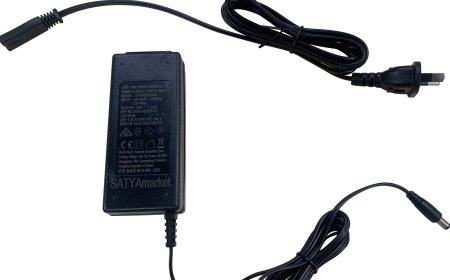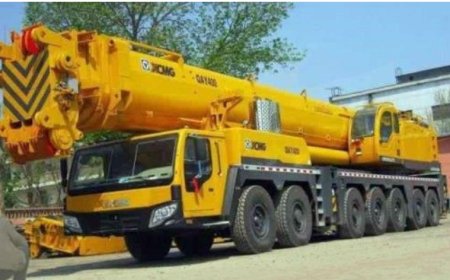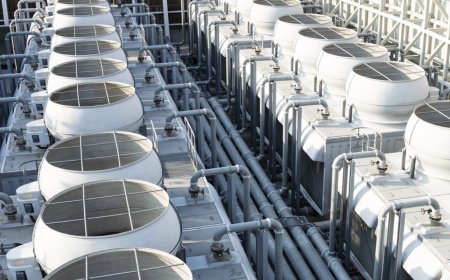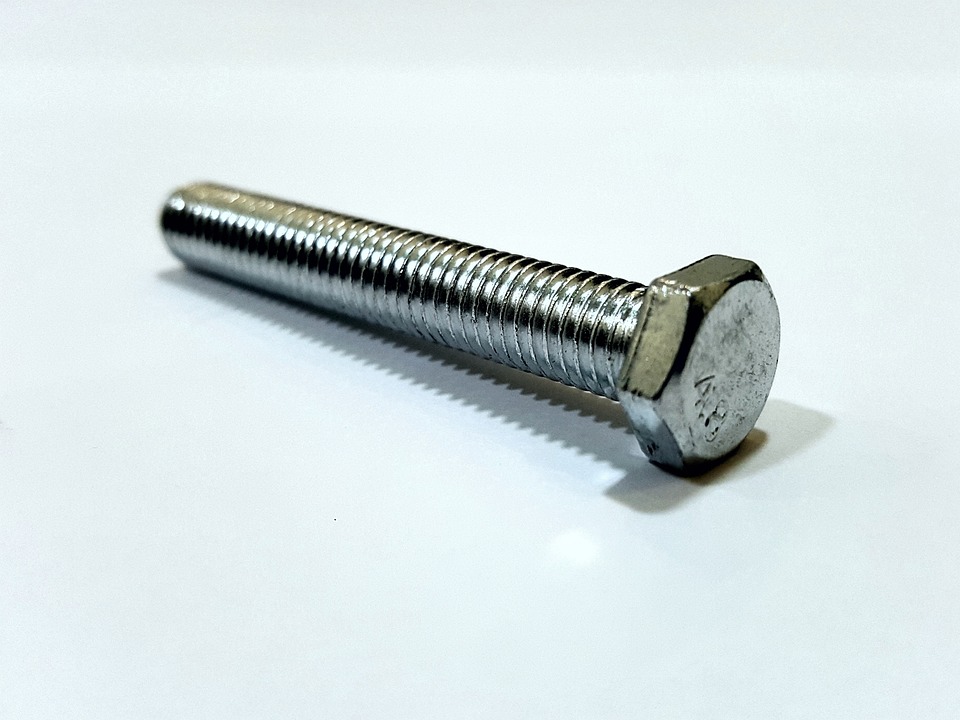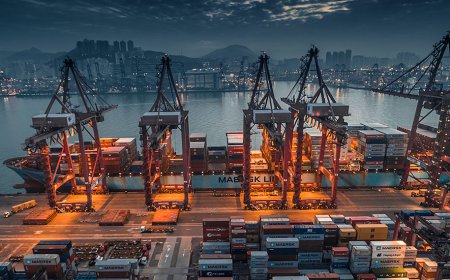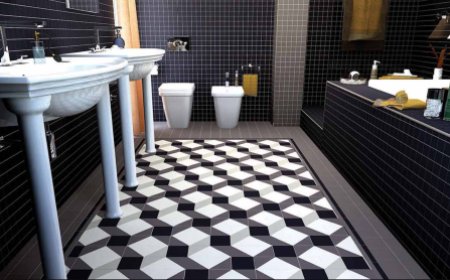How to Source Construction Supplies in the Philippines for Small-Scale Contractors
The rapidly expanding market for construction supplies in the Philippines, driven by infrastructure development and housing demand, presents both opportunities and challenges.

For small construction businesses in the Philippines, smart material procurement is crucial. It's not just about logistics; it's fundamental to project success and long-term viability. The rapidly expanding market for construction supplies in the Philippines, driven by infrastructure development and housing demand, presents both opportunities and challenges. To thrive, small contractors need a strategic approach to purchasing. This involves carefully considering supply chain dynamics, fluctuating costs, quality assurance, and emerging industry trends.
Understanding the Philippine Construction Supply Ecosystem
The Philippine construction market offers diverse materials from local sources, like Holcim cement and local wood, and international suppliers such as Metal Exponents for specialized steel. Small contractors must weigh project needs, budget, and lead times when choosing. The supply chain involves manufacturers, major distributors like SBS Philippines Corporation, local hardware stores, and emerging online platforms like Buildit, each offering distinct advantages for different procurement scales and needs.
Strategic Approaches to Material Procurement
Careful planning, including a thorough bill of materials (BOM) and a reasonable budget, is the first step in an effective material procurement process. For larger projects that require sufficient storage and funding, contractors can opt for bulk purchasing to save money or spot buying for urgent needs. It's critical to use clear purchase orders and negotiate prices. Online marketplaces provide a greater selection and price comparison, but they also necessitate careful consideration of supplier reliability, delivery, and safe payment methods.
Ensuring Quality and Compliance
Understanding and adhering to Philippine Construction Material Standards, such as the PS Mark, is paramount for project safety and durability. Contractors must prioritize certified materials and recognize key quality indicators for items like cement, steel, wood, and hollow blocks. The Bureau of Philippine Standards offers valuable guidance. A final critical step is thorough material inspection upon delivery to identify and address any substandard supplies, with clear procedures for returns or replacements.
Cost-Effective Sourcing Strategies
Effective material procurement begins with meticulous planning, including a detailed bill of materials (BOM) and a realistic budget. Contractors can choose spot buying for urgent needs or bulk purchasing for cost savings on larger projects, requiring adequate storage and capital. It's critical to use clear purchase orders and negotiate prices. Online marketplaces offer price comparison and wider selection but require due diligence regarding supplier trustworthiness, delivery, and secure payments. Mastering these strategies ensures projects stay on budget and on schedule, ultimately contributing to a small construction business's long-term success in the dynamic Philippine market. Proactive planning helps mitigate risks associated with fluctuating material costs and supply chain disruptions.
Efficient Inventory Management for Small Projects
Even for small projects, having a basic system to track your inventory is important. Simple methods like writing things down in a logbook or using a spreadsheet can help you keep track of materials coming in and going out. If your business grows, you might want to consider low-cost inventory management software.
Organizing how you store materials on-site helps prevent damage, loss, and delays. Store different types of materials in the best way to protect them, and use clear labels so everything is easy to find.
Try to use just-in-time delivery when possible, where materials arrive when you need them. Also, buy materials in stages as your project progresses. This can reduce the need for a lot of storage space.
Navigating Financial Aspects of Material Sourcing
Understanding the payment terms and options that suppliers offer is important for managing your money. Common terms include paying when the materials are delivered, getting credit for a certain period, and sometimes installment plans from suppliers like JNL Hardware.
If you don't have much money, you may need to look into financing options for your material purchases. This can entail taking out short-term bank loans or utilizing your suppliers' credit. Pay close attention to the interest rates, the repayment period, and your eligibility.
Good cash flow management is essential for making sure you can buy materials when you need them. This means carefully estimating your costs and planning when you will make payments to avoid delays.
The Future of Material Sourcing: Trends to Watch
The way we buy construction materials is always changing. Small contractors should keep an eye on new trends like using more sustainable materials, such as bamboo and recycled materials, and the increasing use of online platforms and tools for buying materials. Staying informed and adapting to these changes will help small businesses stay competitive and sustainable.
Key Takeaway
Buying construction supplies in the Philippines wisely is key for small construction businesses to succeed. By understanding the local supply system, planning how to buy materials, focusing on quality, saving costs, managing inventory well, and handling the financial aspects carefully, these businesses can improve their projects, make more profit, and build a strong future. Making informed decisions about buying materials isn't just about getting supplies; it's about building a solid foundation for long-term success in a growing industry.
